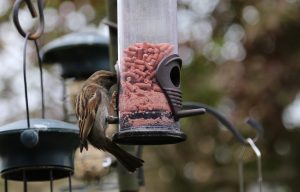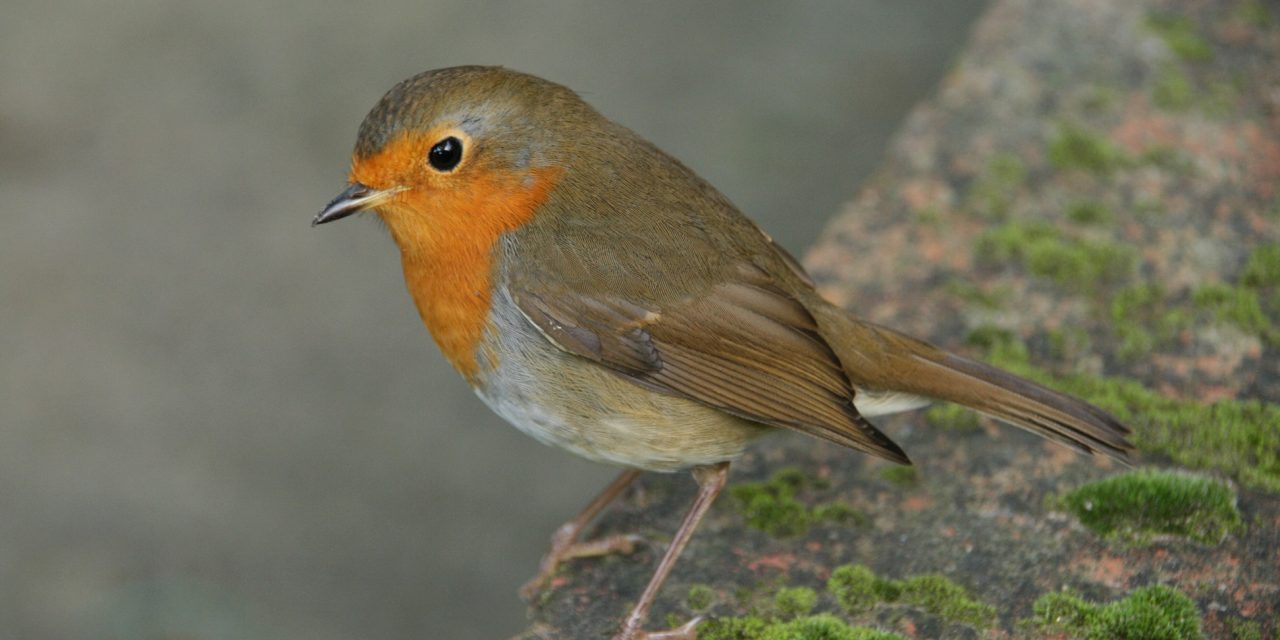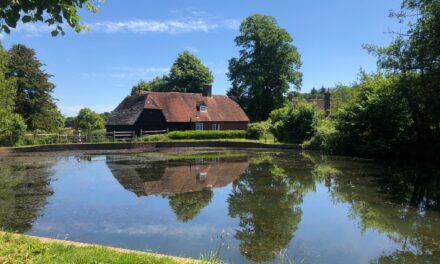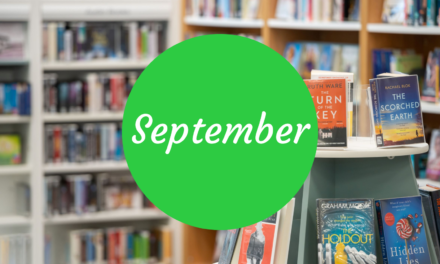Will you be one of the hundreds of thousands of people who spend an hour this weekend watching the birds and wildlife in your garden?
More than half a million people are expected to take part in the RSPB’s Big Garden Birdwatch and one of them will be Your East Sussex “twitcher” Iain Luxford. He is encouraging other East Sussex residents to join in.
Iain said: “The Big Garden Birdwatch is the largest wildlife survey in the world and is vital in understanding how our environment and wildlife is changing. But as well as helping the RSPB, watching birds is also a wonderful way to slow down, chill out, and appreciate nature.
Feisty robin
“For many years I’ve fed and watched the birds in my garden and it’s been fascinating to see how things have changed. We used to get loads of starlings but sparrows are definitely making a come-back. It’s really interesting watching the hierarchy of birds – the feisty robin is definitely the boss – and how different birds prefer to feed.
“Thrushes and blackbirds will be on the grass while the tits and sparrows flock round the feeders. That is until the big wood pigeons turn up, then all the others start to look a bit nervous! I know not everyone is lucky enough to have their own garden, but if you do I would really urge you to get involved. If you don’t have a garden the RSPB is suggesting you could chose a local park instead.”
How are our birds doing?
Now an annual event, the purpose of the Big Garden Birdwatch is to record local sightings of birds and other wildlife so the RSPB can get a snapshot of how garden wildlife is doing on a national scale. The RSPB is asking participants to spend an hour this weekend (January 25-27) watching and making a note of the birds visiting their garden. Those sightings are then submitted online and, along with others from up and down the country, they allow the charity to monitor trends and understand how birds are doing.
But as well as the familiar garden birds, Iain said Big Garden Birdwatchers should keep a bird book handy to identify any more unusual breeds. “We’ve had all sorts in our garden. A nuthatch creeping up the oak tree, a greater spotted woodpecker trying his hand at some peanuts, a family of goldfinches, and beautiful long tailed tits.”
Feed the birds
To encourage more birds into your garden, he advised putting out suet feed, bird seed or unsalted peanuts, preferably in feeders. And then it’s a question of waiting.

A female sparrow tucking into the suet treats in my garden
“If you then sit still and patiently, you’ll be amazed at what will turn up. We’ve had jays, and when the weather was really bad, even a fieldfare as visitors.”
The Big Garden Birdwatch started out as an event for children. Back in 1979, the RSPB joined forces with BBC’s Blue Peter and called on children to let them know what birds they saw in their garden. Hundreds took up the call, and in those pre-digital days, dutifully posted in their findings. It wasn’t until 2001 that adults were invited to join in the fun, too!
Watch all year round
But Iain said birds should be enjoyed all year, not just for the hour of the birdwatch. “We’ve had a nesting box in our garden for some time and each year it’s really wonderful watching as a blue tit couple arrive to check it out. Over the next few weeks you can watch a family setting up. Firstly you’ll see both birds collecting small twigs, moss and other material and flitting in and out of the box as they build a cosy nest inside.
“After a while it will go quieter, then you’ll see just one of the birds moving around. The other will be sitting on eggs. Then the activity becomes much more frantic as the parent birds make dozens of visits to the nest as they feed the babies. Close to the box you can hear the amazing sound of the baby birds calling for food, and if you’re really lucky you may be there when the young birds fledge the nest. For a short while after they’ve left the box, they always hang around in the garden, still being fed by their parents, and getting used to their wings!
“In our fast-paced world it’s brilliant to take a bit of time to slow down and appreciate the beauty of nature and life around us.”
For more information about the RSPB’s Big Garden Birdwatch and how to take part visit Big Garden Birdwatch 2020




